According to National Assembly delegates, reducing the ownership ratio at banks is not enough to prevent a recurrence of incidents like SCB, while hindering foreign capital flows into domestic banks.
On the afternoon of January 15, the National Assembly discussed the draft Law on Credit Institutions (amended). The regulation on reducing the ownership ratio of individuals and organizations in banks to reduce cross-ownership, domination and manipulation of banks received many comments from delegates.
According to the revised draft law, the share ownership ratio for individual shareholders is proposed to remain the same as the current one, which is 5%. The limit for institutional shareholders (including shares that such shareholders indirectly own) is reduced from 15% to 10%; for shareholders and related persons is reduced from 20% to 15%.
Ms. Doan Thi Le An, Deputy Director of the Department of Culture, Sports and Tourism of Cao Bang province, commented that adjusting the ownership ratio as above does not have much meaning in limiting cross-ownership. "This only controls the documents. Controlling the ownership ratio is not as important as supervising the implementation of regulations. Not to mention, this can create more barriers to prevent foreign capital from flowing into domestic banks," Ms. An said.
On the other hand, according to the Deputy Director of the Department of Culture, Sports and Tourism of Cao Bang province, it is difficult for bank owners to monopolize the lending activities of credit institutions if they hold 15-20% of the capital. In fact, recent violations also show that the actual ownership ratio of the bank "owner" can be much higher than prescribed through subsidiaries, affiliated companies or other individuals.
"Amending the law to suit reality is necessary, but controlling the ownership ratio at banks is not enough to prevent the recurrence of incidents like SCB. Because cross-ownership and bank manipulation are very complicated, if looking at the documents, many shareholders own less than the allowed ratio but still hold controlling power," Ms. An added.
SCB is a bank that has been under special control since October 2022, after many branches and transaction offices recorded a situation where people came to withdraw money en masse due to the influence of information that Ms. Truong My Lan monopolized this bank.
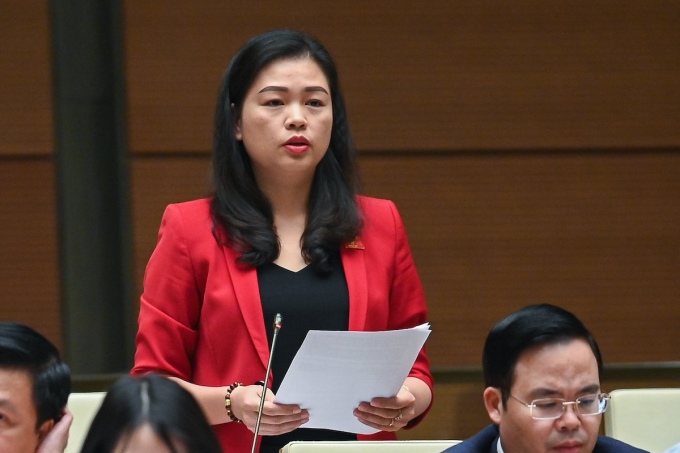
Ms. Doan Thi Le An, Deputy Director of the Department of Culture, Sports and Tourism of Cao Bang province. Photo: National Assembly Press Center
Mr. Vo Manh Son, Chairman of the Thanh Hoa Provincial Labor Federation, also said that the ownership ratio of individuals, organizations and individuals and related persons in banks according to current regulations is 5% and 15% respectively, which is low compared to many countries.
"The direct ownership ratio of shareholders is not the cause of system insecurity. Reducing this ratio is not a suitable solution at this time," he said.
The Chairman of the Thanh Hoa Provincial Labor Federation analyzed that the ownership ratio is too low, causing shareholders to not stick with the banking business. "Major shareholders not only invest money, they also bring technology and management to support the banking activities in which they invest to participate more effectively," he said that the current ownership ratio should be maintained.
At the same time, he also proposed to add stricter regulations on credit conditions for banks related to shareholders owning shares and not retroactively in cases of ownership before the effective date of this law.
In addition to tightening the ownership ratio with "quite ambiguous effects", Ms. Doan Thi Le An proposed considering stricter regulations on credit granting procedures for shareholders and related parties; adding regulations on cross-monitoring to clarify the ownership structure, real owners and accountability of the parties.
Agreeing, Mr. Luong Van Hung, Deputy Chief Justice of Quang Ngai Provincial People's Court, said that reducing the ownership ratio would indirectly affect existing shareholders, strategic or potential investors "who own transparent shares and have no intention of manipulating shares at the bank".
To limit influence in banks, it is necessary to tighten regulations on related persons and mechanisms to increase transparency in the management of credit institutions, according to the Deputy Chief Justice of the People's Court of Quang Ngai province.
Meanwhile, Ms. Hoang Thi Thanh Thuy, Deputy Head of the Tay Ninh Provincial Delegation, supported the "tightening" of ownership ratios at banks. However, she noted that Vietnam's credit environment may be less attractive than other countries in the region when the ownership ratio of shareholders (individuals and organizations) decreases. "Banks may face difficulties in credit activities when applying regulations to reduce ownership ratios," Ms. Thuy commented.
The deputy head of the delegation of Tay Ninh province said that the drafting committee should consider adding a classification of credit institutions based on the total equity capital criteria, and each group will have a different credit ratio. "The capital scale of banks is constantly increasing, there is differentiation between banks, so it should not be applied equally," she said.
For example, a ratio of 8% or 10% on capital scale like VPBank, Vietcombank, this number is large, leading to payment risks for credits and reducing the opportunity to access capital for banks.
Explaining to the National Assembly, Mr. Vu Hong Thanh, Chairman of the Economic Committee, said that reducing the ownership ratio will increase the shareholder structure, limit the domination and acquisition of banks. This is also consistent with the orientation of the project to restructure the credit institution system associated with bad debt settlement in 2021-2025.
To avoid disruption to the banking system, this draft Law provides transitional provisions. Specifically, from January 1, 2025 (when this Law takes effect), shareholders with excess share ownership ratios will be maintained but not increased, except in cases where they receive dividends in shares.
Mr. Thanh also acknowledged that to prevent cross-ownership, one measure is not enough, but many synchronous solutions are needed. For example, will the regulation on expanding the number of related parties be able to handle all the cross-ownership, domination or manipulation of credit institutions?
"Like the recent case of SCB, the individual owned only 5% but asked this person, borrowed that person's name. Therefore, the provisions in the law are not enough, in addition to law enforcement, it is also necessary to strengthen supervision of the activities of credit institutions," said Mr. Thanh.
Source link





![[UPDATE] April 30th parade rehearsal on Le Duan street in front of Independence Palace](https://vstatic.vietnam.vn/vietnam/resource/IMAGE/2025/4/18/8f2604c6bc5648d4b918bd6867d08396)
![[Photo] Prime Minister Pham Minh Chinh receives Mr. Jefferey Perlman, CEO of Warburg Pincus Group (USA)](https://vstatic.vietnam.vn/vietnam/resource/IMAGE/2025/4/18/c37781eeb50342f09d8fe6841db2426c)

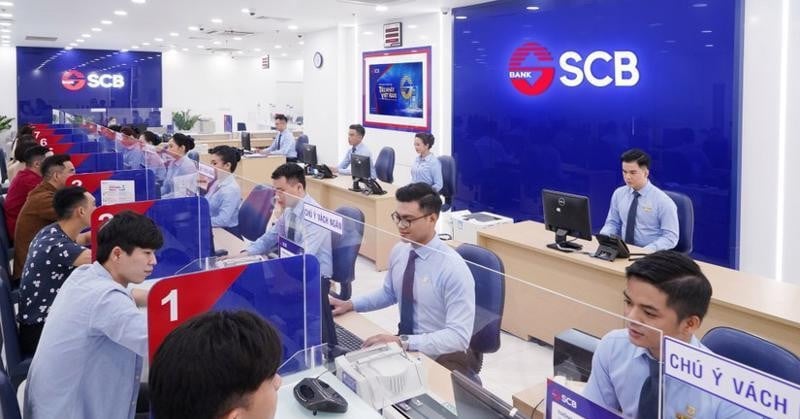

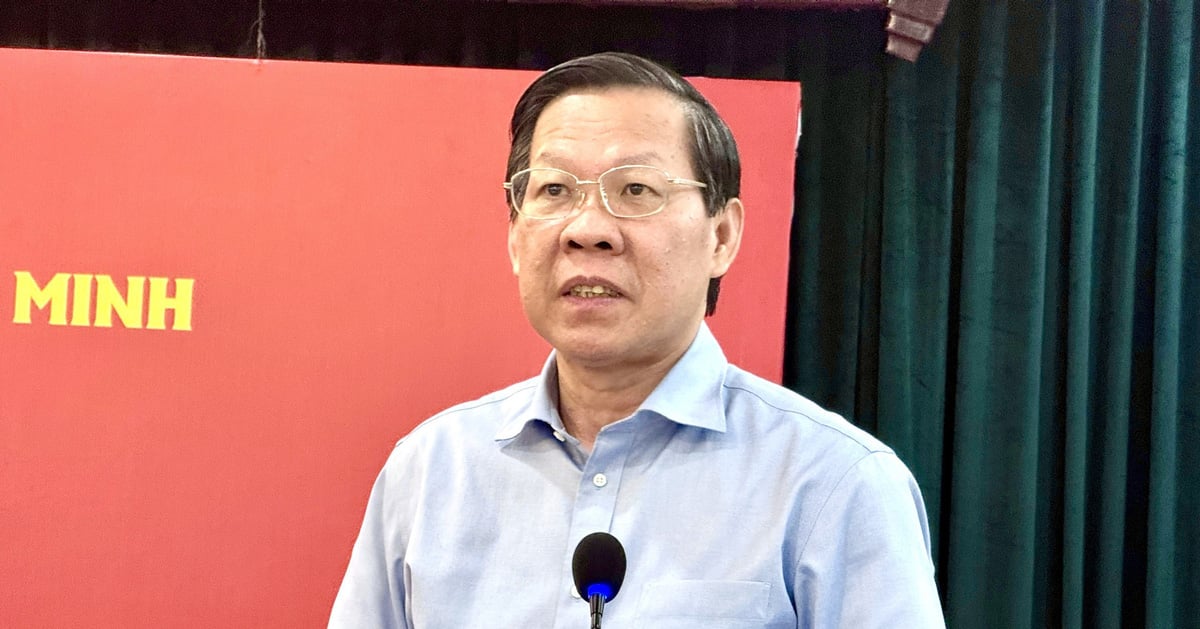

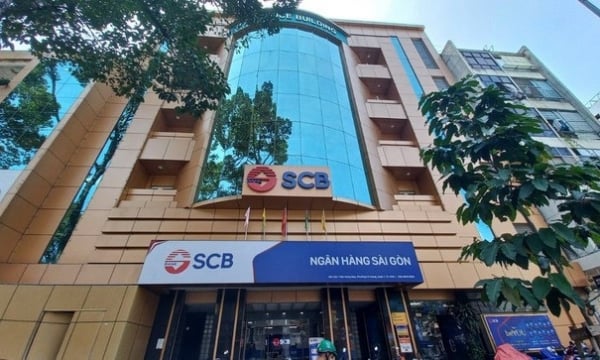

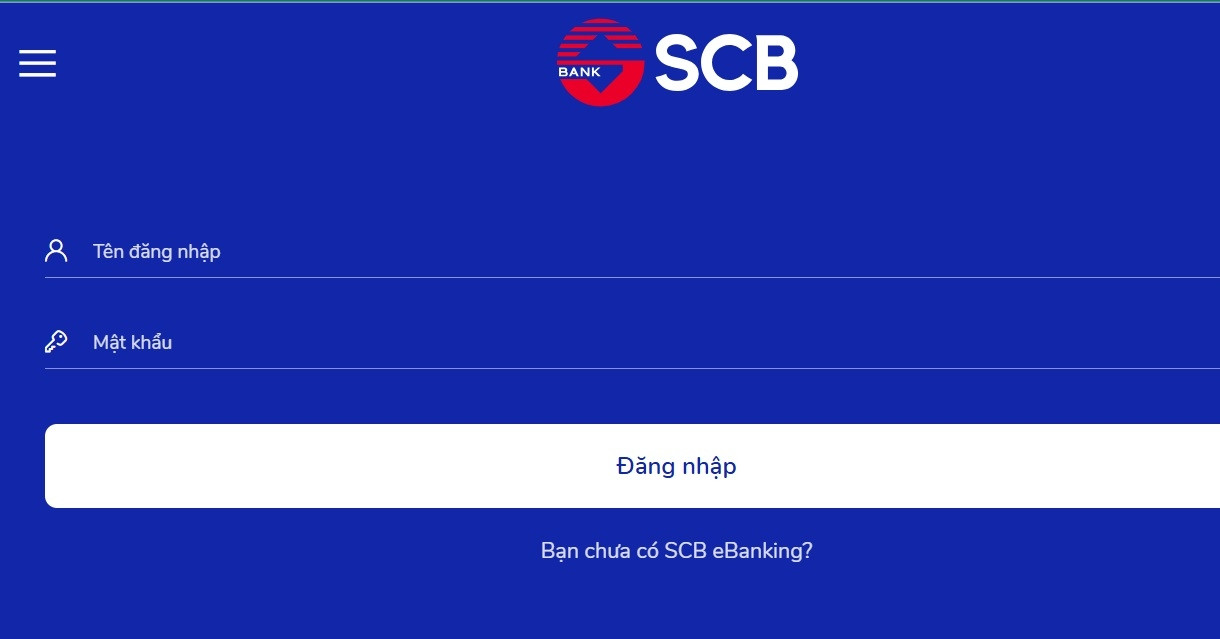
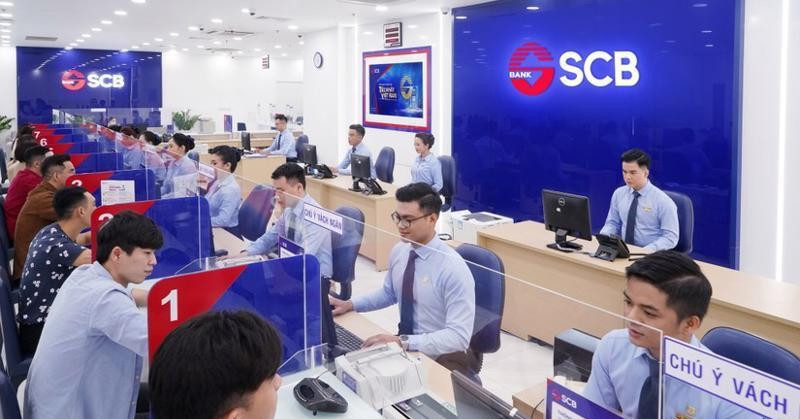






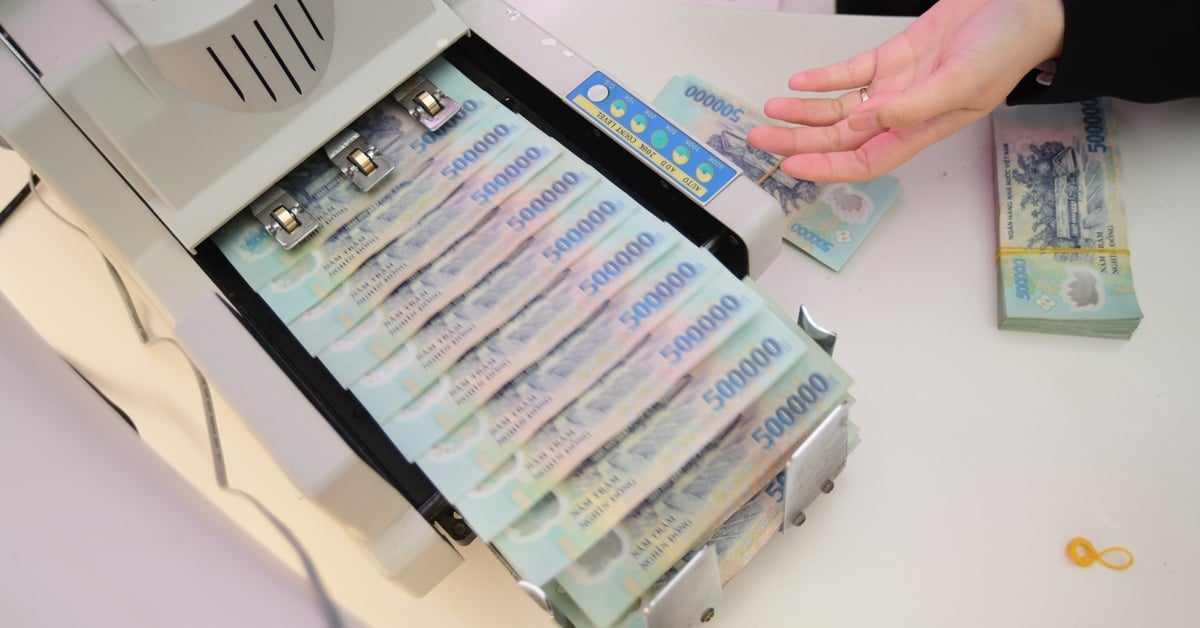


















































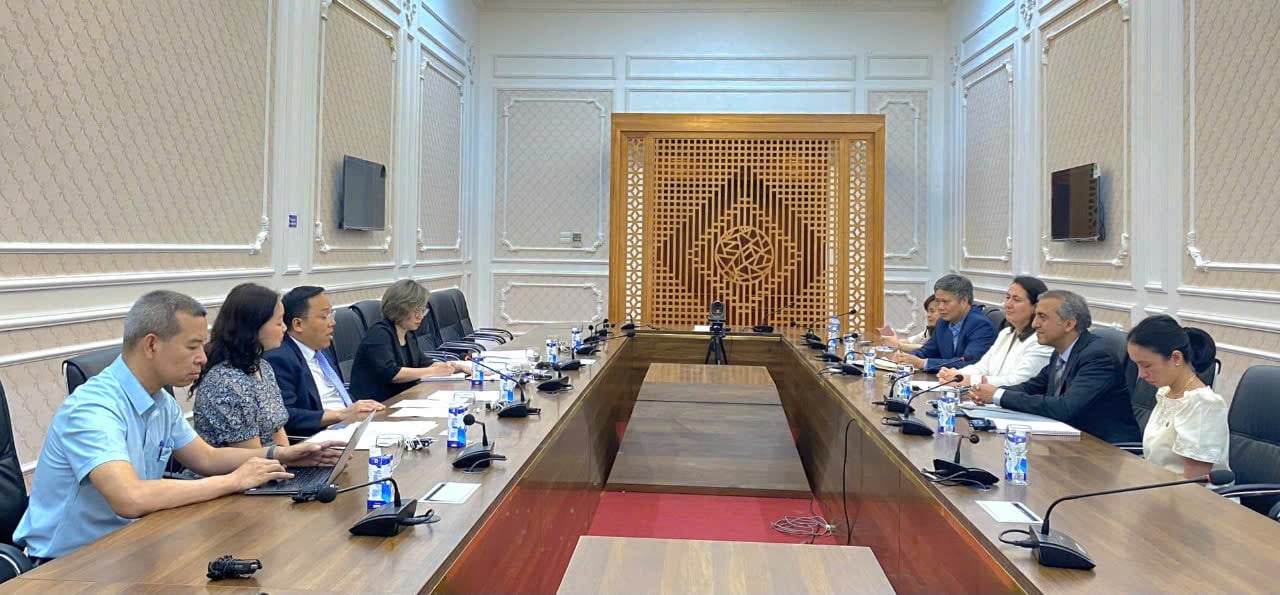


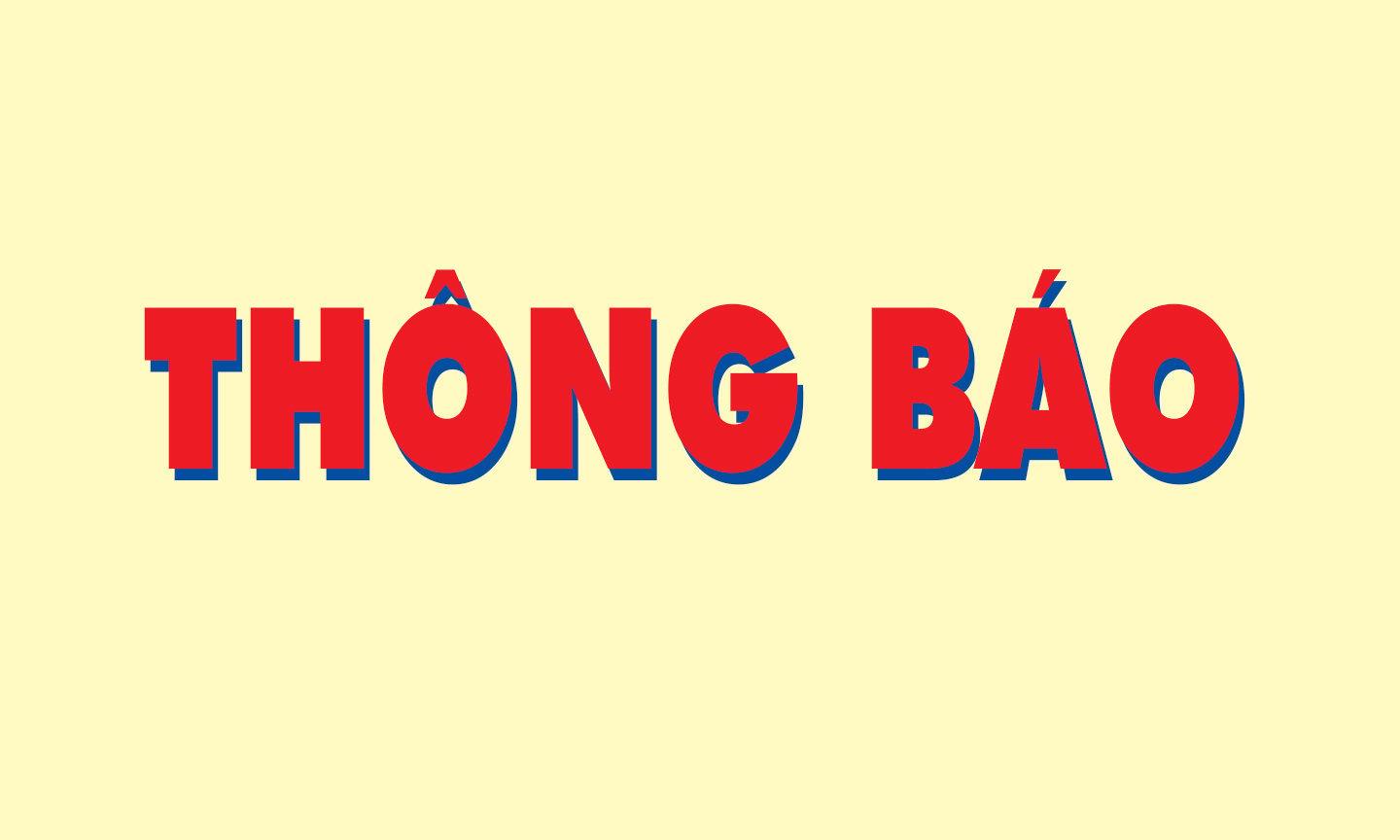



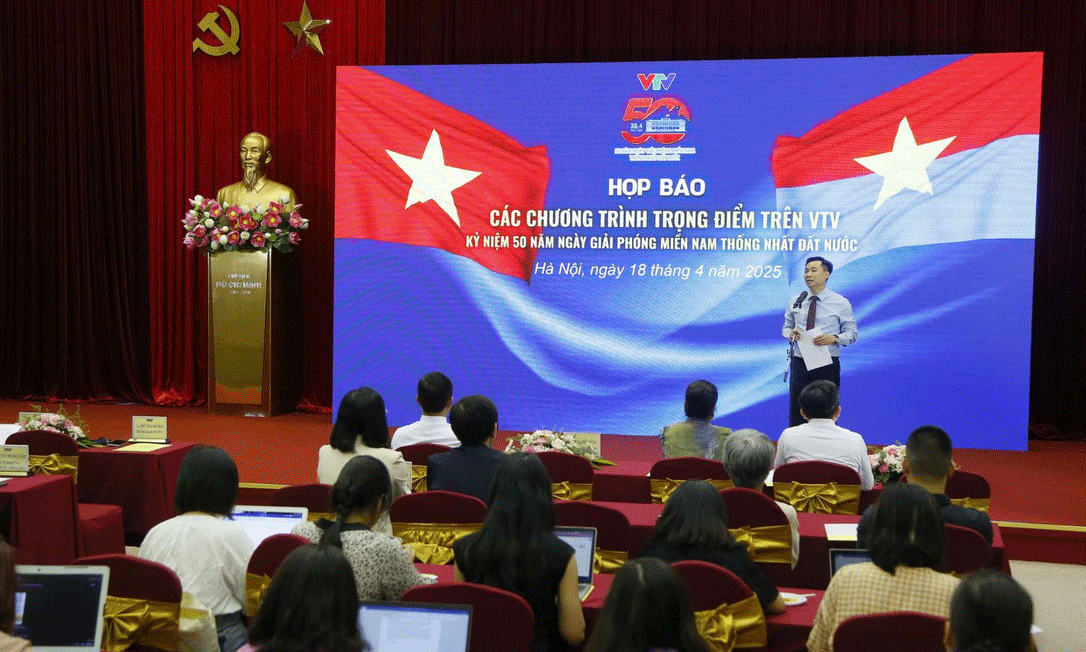
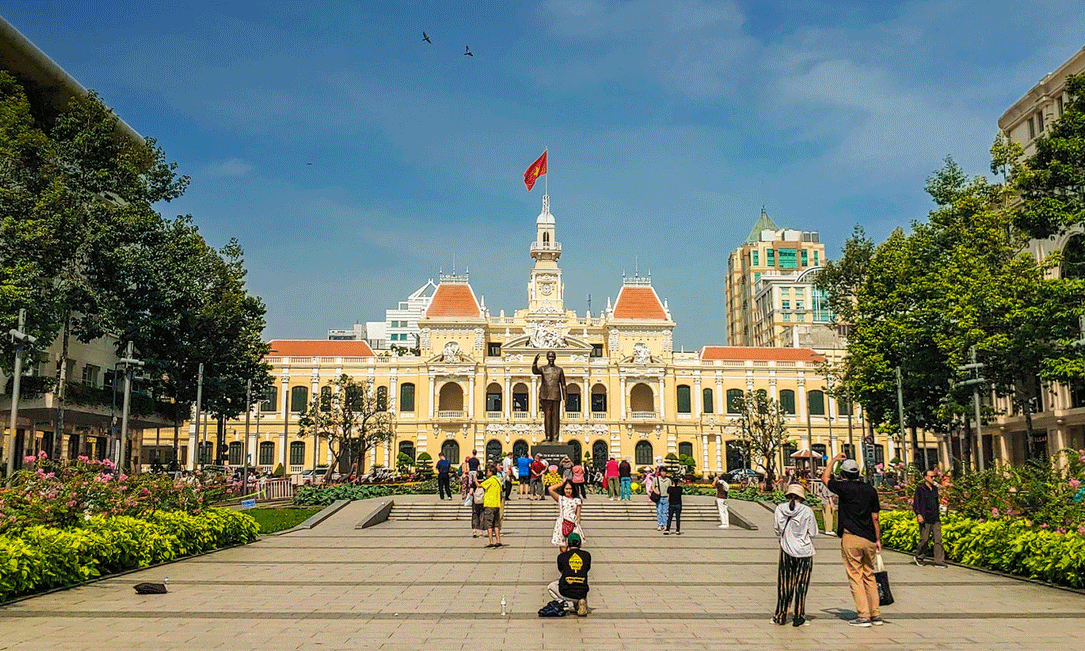
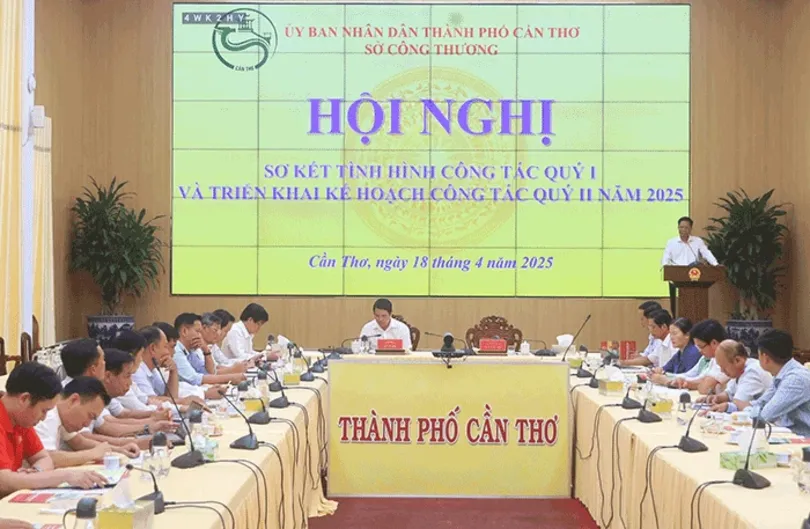













Comment (0)